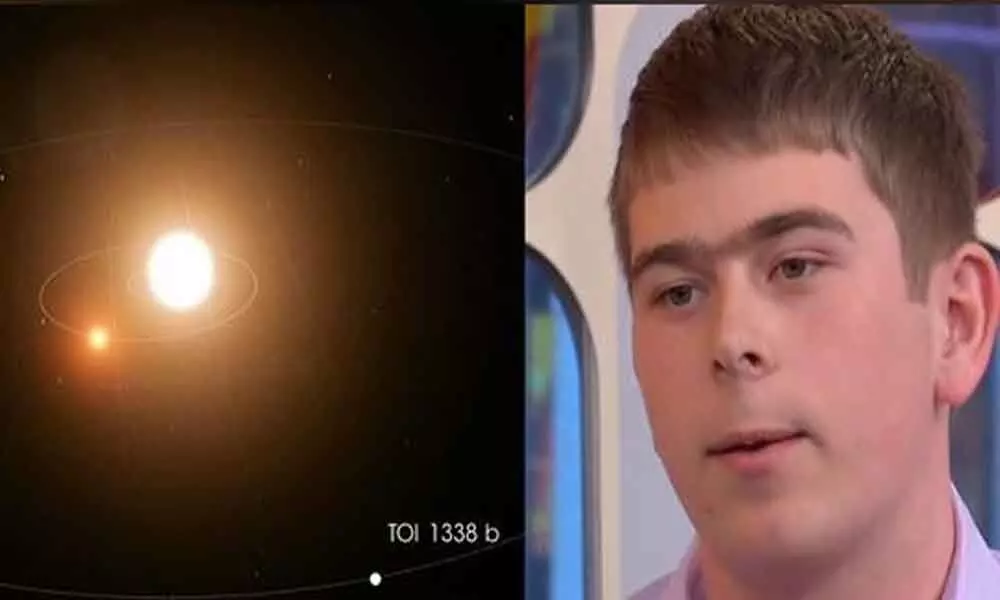Live
- IPL 2025 Auction: Venkatesh Iyer sold to KKR for Rs 23.75 cr, Stoinis joins PBKS for Rs 11 crore
- Kharge to lead Opposition strategy meeting as Parliament session kicks off on Monday
- Three killed in firing as violence breaks out amid Sambhal mosque survey in UP
- IPL 2025 Auction: Ravichandran Ashwin, Rachin Ravindra return to Chennai Super Kings
- Manipur: After over a week's closure, regular classes to resume in educational institutions
- Govt open to discuss all issues, says Kiren Rijiju on eve of Winter Session of Parliament
- Pakistan reports three new polio cases, 2024 tally reaches 55
- Multifold Increase in migratory bird population at TN bird sanctuary
- Archaka Maha Sabha in Jogulamba Gadwal District Highlights Key Demands for Priests' Welfare
- IPL 2025 Auction: Both Rahul and Starc are world-class players, says Delhi Capitals head coach Badani









